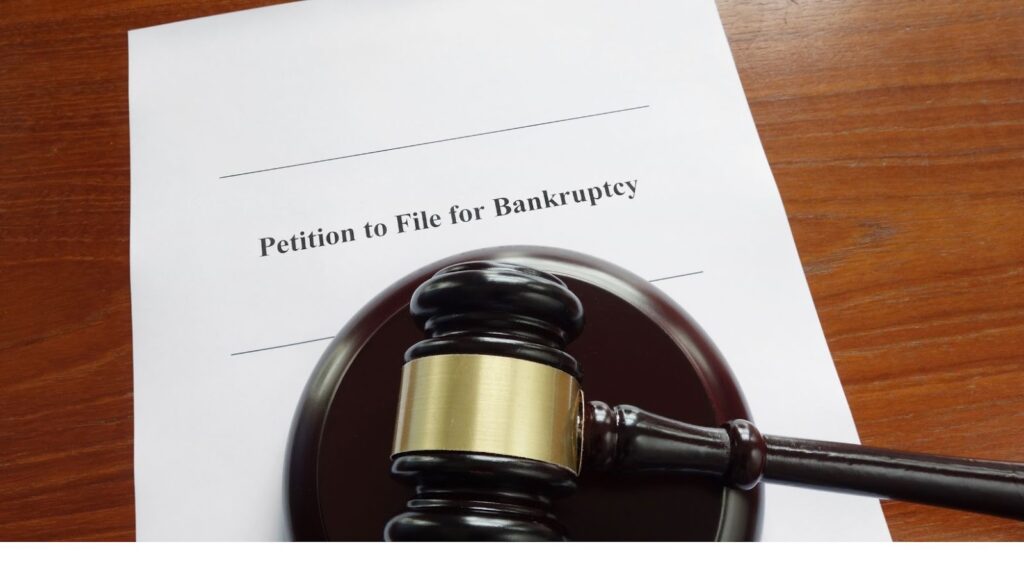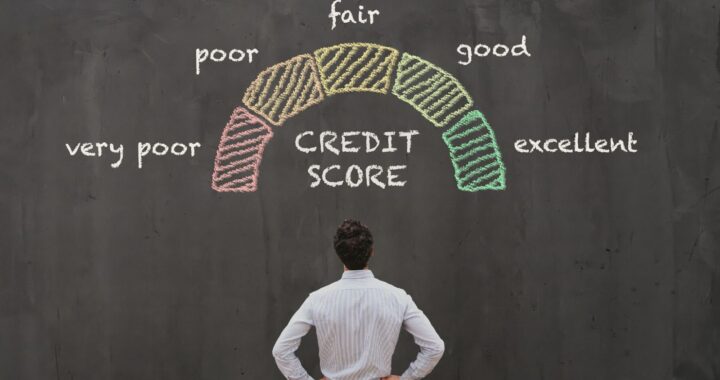
Exploring The Cost Of Bankruptcy: How Much Debt To File Bankruptcy
Are you drowning in a sea of debt? Bankruptcy could be the life preserver you need to stay afloat and regain financial footing. But how much debt do you need to have to file for bankruptcy?
The answer is not straightforward, as it depends on the type of bankruptcy you want to file. Chapter 7 bankruptcy is the most common type, and no minimum amount of debt is required to file. However, your income and assets will be evaluated to determine whether you qualify for Chapter 7 bankruptcy or have enough disposable income to repay some of your debt in a Chapter 13 bankruptcy instead.
If you qualify for Chapter 7 bankruptcy, it is important to note that not all debts are dischargeable or can be wiped away. Certain types of debts, such as student loans and tax debt, may not be dischargeable in bankruptcy. Consulting with a bankruptcy attorney and thoroughly evaluating your financial situation can help you determine whether bankruptcy is right for you and how it can help alleviate your debt.
Factors That Determine Whether Bankruptcy Is The Right Option
If you’re struggling with a heap of debt and can’t afford it, bankruptcy may seem like a viable option. However, it’s crucial to determine whether it’s the right choice for your situation before filing. Here are some factors to consider:
1. Total Amount Of Debt
Bankruptcy should only be considered if your debt is substantial and unmanageable. Generally, you should have at least $15,000 in unsecured debt before filing. Unsecured debt refers to debt that isn’t tied to a collateral like a mortgage or car loan.
2. Type Of Debt
The type of debt you have also plays a role in deciding whether bankruptcy is necessary or not. For example, debts like student loans, taxes, and child support cannot be discharged through bankruptcy. If these account for a significant portion of your debt, then declaring bankruptcy may not provide much relief.
3. Ability To Repay Your Debts
Before filing for bankruptcy, evaluating your ability to pay back your debts is essential. However, if your financial situation is temporary, and you can get back on your feet with extra effort, bankruptcy may not be the best option. In addition, filing for bankruptcy may significantly impact your credit score, making it harder to secure loans or receive credit in the future.
4. The Cost Of Filing Bankruptcy
Filing for bankruptcy comes at a cost that may vary depending on the complexity of your case. The average cost of filing Chapter 7 bankruptcy is between $1,500 to $4,000. If your debt is relatively small, the cost of hiring a bankruptcy attorney may be higher than the debt amount itself.
5. Your Financial Goals
Filing for bankruptcy can relieve debt by wiping out or reducing your debt load. However, it’s essential to consider your financial goals. Bankruptcy will stay on your credit report for up to ten years, making it difficult to receive new credit or loans. In addition, if you plan on making significant purchases in the future, such as buying a home, filing for bankruptcy may hinder this.
In conclusion, determining whether bankruptcy is the best option for your situation requires careful consideration of your debt, ability to repay, and long-term financial goals. It’s crucial to weigh the pros and cons of filing for bankruptcy and consult a financial advisor or attorney before deciding. Remember that bankruptcy should be a last resort, and all other options should be exhausted before considering it.

How Much Debt To File Bankruptcy
One of the common misconceptions about filing for bankruptcy is that a specific amount of debt is required before you can file. However, no fixed debt threshold is mandated by the law for filing bankruptcy. Instead, multiple factors are considered before the bankruptcy court approves your request for filing bankruptcy.
That being said, the amount of your debt is important when determining whether bankruptcy is the right option for you. Typically, individuals with significant debt opt for bankruptcy to relieve themselves of the financial burden and gain a fresh start. However, filing for bankruptcy should not be taken lightly, and you must carefully evaluate whether it is the right option for you.
Some factors considered when determining whether to approve a bankruptcy filing include your income, expenses, debt type, and the amount of money you owe to your creditors. The bankruptcy court must ensure you cannot repay your debts before allowing you to discharge them through bankruptcy.
It is also essential to note that there are various types of bankruptcy, each with its eligibility criteria. For instance, Chapter 7 bankruptcy is available to individuals with minimal assets and income and is typically used for unsecured debts such as medical bills and credit card debt. On the other hand, Chapter 13 bankruptcy is designed for individuals with regular income and is commonly used to restructure secured debts like mortgage payments and car loans.
In summary, no specific amount of debt is required to file bankruptcy. Instead, the eligibility for bankruptcy is determined by additional factors such as your income, expenses, and debt type. Therefore, if you’re considering bankruptcy, it’s essential to consult an experienced bankruptcy attorney who can guide you through the process and help you determine if it’s the right step for your financial future.
When considering whether or not to file for bankruptcy, it’s important to explore all your options. Bankruptcy should be a last resort, and you should first consider if there are any alternatives. Here are some possible courses of action to consider:
Alternatives To Filing For Bankruptcy
1. Debt Consolidation: Consolidating your debt could be a good option if your debts are with various creditors. Debt consolidation typically involves a loan to pay off all your outstanding debts. This will give you a single monthly payment and can reduce your interest rates.
2. Debt Management Plans: A debt management plan is a service offered by credit counseling companies. They work with creditors to lower your interest rates and set up a payment plan you can afford. You’ll make one monthly payment to the credit counseling company who will then distribute the funds to your creditors.
3. Negotiate with Your Creditors: It’s possible to negotiate with creditors and develop a payment plan that works for you. Creditors would rather get some payment than none, so they may be willing to work with you.
4. Sell Assets to Pay Off Debt: If you have assets you can sell, such as a car or jewelry, consider selling them to pay off your debts. This will help reduce your debt load and you may be in a better financial position.
5. Budgeting: Putting together a budget may not seem like a solution, but sometimes a well-planned budget can provide a path to help you get out of debt over time. Analyze your income, expenses, and create a plan to allow you to live within your means while paying down your debt.
Remember, if your debts are too great, bankruptcy may be your best option. An experienced bankruptcy attorney can help you evaluate your options and make the best decision. But, whatever you decide, it’s important to take action rather than letting debts spiral out of control.

Conclusion
Having a significant amount of debt can be daunting and overwhelming, and deciding whether to file for bankruptcy can be difficult. Filing for bankruptcy can relieve individuals struggling with debt, but it is crucial to consider the process before making any decision.
So, how much debt should you have before filing for bankruptcy? Unfortunately, there is no precise number. The amount of debt that warrants bankruptcy varies depending on various factors, including the individual’s income, assets, expenses, and type of debts.
However, filing for bankruptcy may be a suitable option if you have a considerable amount of debt you cannot repay within a reasonable time. Generally, bankruptcy may be a viable option if your debt is more than 50% of your income, or if it will take you more than five years to repay your debts.
Bankruptcy can help individuals eliminate unsecured debts, such as credit card debts, medical bills, and personal loans. It can also provide relief from wage garnishment, harassing collection calls, and lawsuits.
Before filing for bankruptcy, it is essential to consult a bankruptcy attorney to discuss your options and determine the best course of action. Filing for bankruptcy is a complex process that requires specific paperwork and compliance with various legal requirements.
In conclusion, how much debt you have before filing for bankruptcy is not a straightforward answer, as it depends on multiple factors. However, bankruptcy can be a viable option for individuals struggling to repay their debts and needing relief from collection efforts. Consider consulting with a bankruptcy attorney for guidance on proceeding and getting back on track financially.



